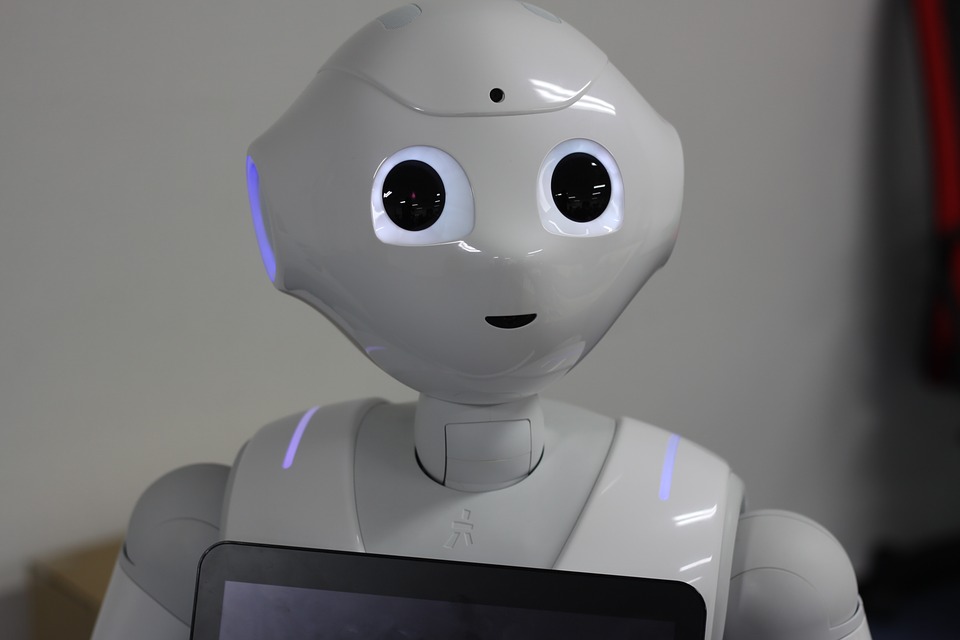Robotic Companions
Emotional Robots - Pepper
Pepper the emotional robot is a 1.2-meter-tall wheeled humanoid robot designed to help with the absence of nurses and caretakers or to improve the user's daily life. Pepper is designed to engage with humans, and he includes a touch screen on his chest that can display information such as games or provide voice assistance. He focuses on boosting people's well-being through interaction and acts on a variety of human emotions, particularly the elderly and those with sedentary behaviour (who sit or lie down for lengthy periods of time). Physically ill elderly people are more likely to engage in sedentary behaviour and gain weight, increasing their risk of premature death or cardiovascular disease. Aerobatic exercises with Pepper have been tested on elderly patients suffering from schizophrenia in rehabilitation facilities. One study used a rehabilitation program called Care Prevention Gymnastics Exercises for Pepper (Pepper- CPGE). CPGE is a 40-minute body-brain gymnastics programme that includes exercising and other activities to music. Pepper can ask the patients questions to encourage the elderly to participate during the programme. According to the findings, utilising Pepper the robot provided a new atmosphere for the patients and sparked their interest in interacting with Pepper. The patients had brief talks with pepper, which helped them develop their communication skills. Overall, Peppers' participation in the programme increased patient involvement and physical activity, which resulted in positive changes in patient and nurse relationships, and studies have demonstrated that physical activity improves cognitive performance in the elderly and benefits those with cognitive illnesses such as schizophrenia.
